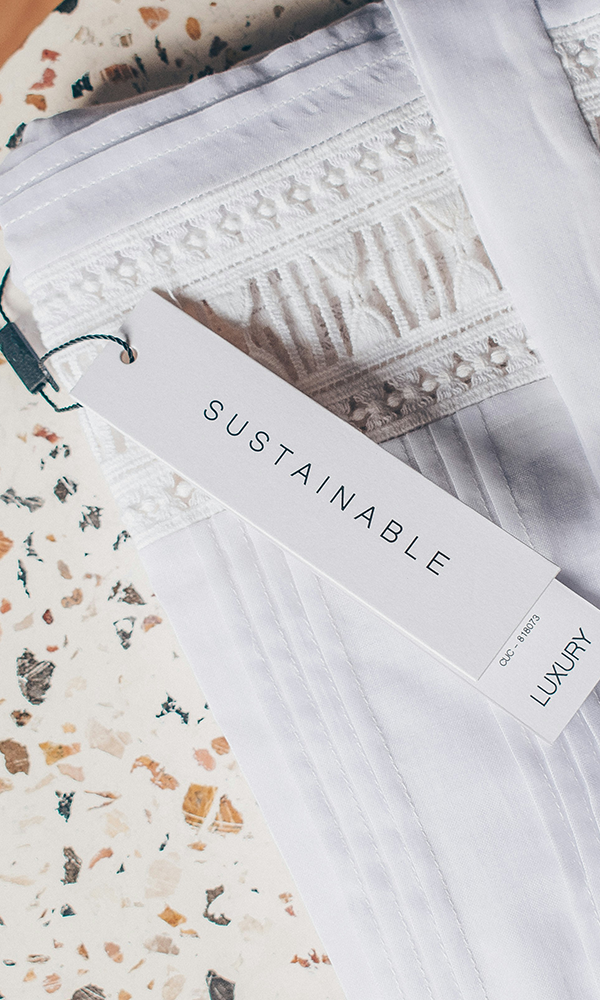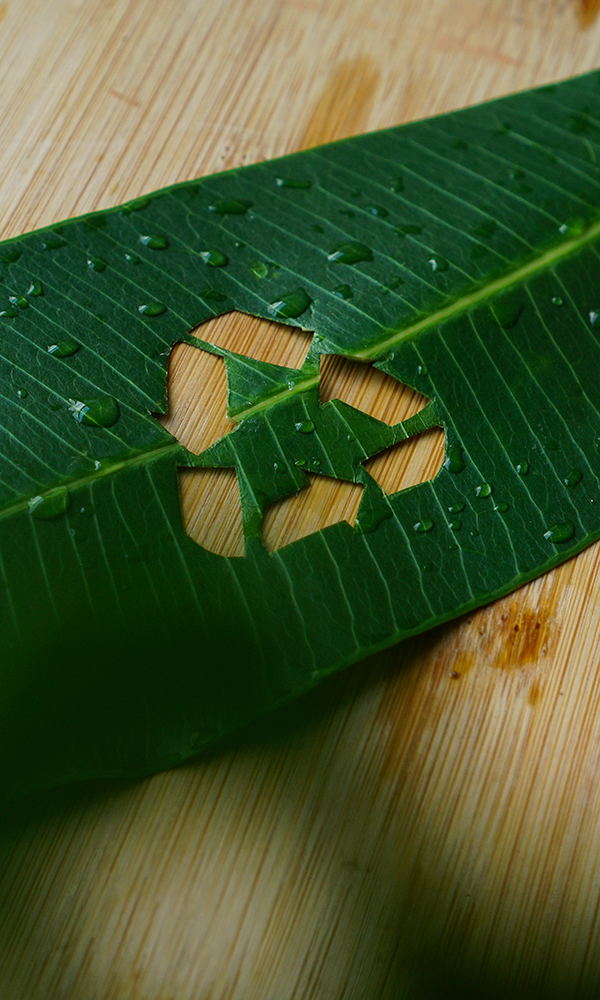Voluntary Sustainability Standards (VSS) are certification schemes and labels that set sustainability requirements for producers, processors, and manufacturers. They are used by organisations to bolster the credibility of their sustainability efforts. There are hundreds of VSS schemes and labels across different sectors ranging from cotton to timber – and they all vary in levels of environmental ambition and quality assurance. This inconsistency creates a whirlwind of confusion and, in some cases, inaccuracy and even deception. ECOS works to ensure that VSS truly helps to improve sustainably instead of legitimising greenwashing.



Under growing pressure to take meaningful social and climate action, companies increasingly seek to rubberstamp their activities with a sustainability label. From household names like the EU Ecolabel to Fairtrade, there are approximately 400 sustainability certifications and labels active worldwide. These labels – also known as voluntary sustainability standards (VSS) – set out requirements for value chain actors, such as producers and manufacturers. However, with a torrent of schemes, labels, and conflicting business interests, VSS models are far from equal.
The EU Carbon Removals and Carbon Farming Framework (CRCF), adopted in April 2024, aims to establish a certification system and methodologies for permanent carbon removals, carbon farming, and carbon storage in products. However, several critical issues need to be addressed to ensure the framework's effectiveness and environmental integrity.
Download the pdfECOS is co-funded by the European Commission and EFTA

 Funded by the European Union. Views and opinions expressed are however those of the author(s) only and do not necessarily reflect those of the European Union or EISMEA. Neither the European Union nor the granting authority can be held responsible for them.
Funded by the European Union. Views and opinions expressed are however those of the author(s) only and do not necessarily reflect those of the European Union or EISMEA. Neither the European Union nor the granting authority can be held responsible for them.
